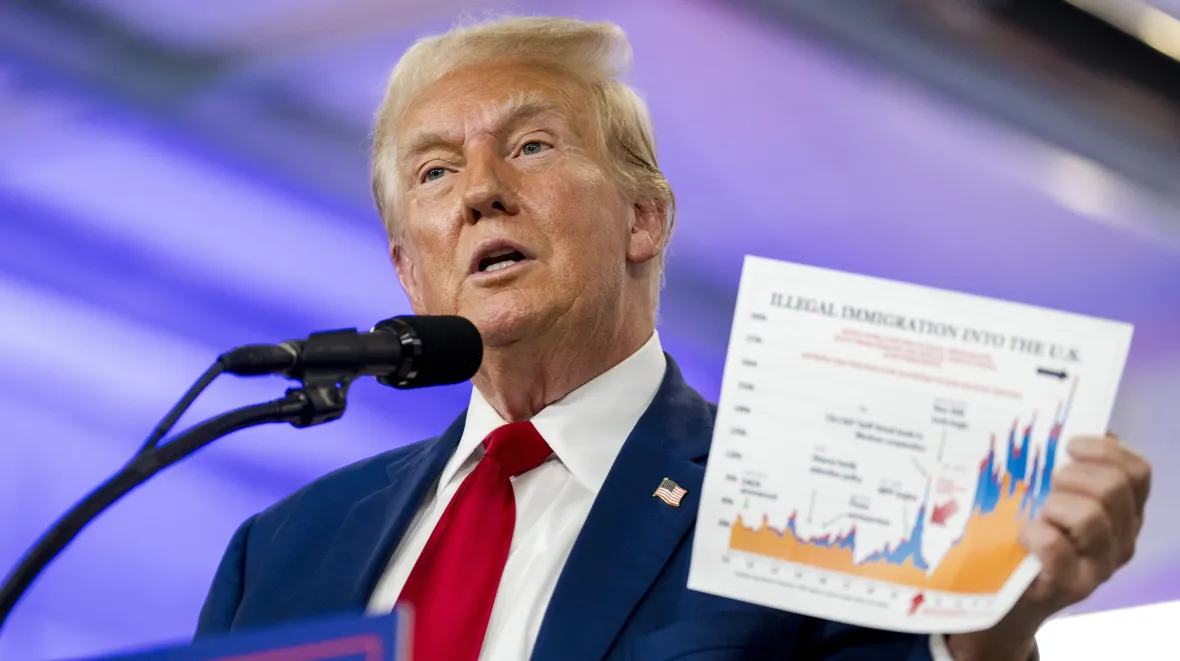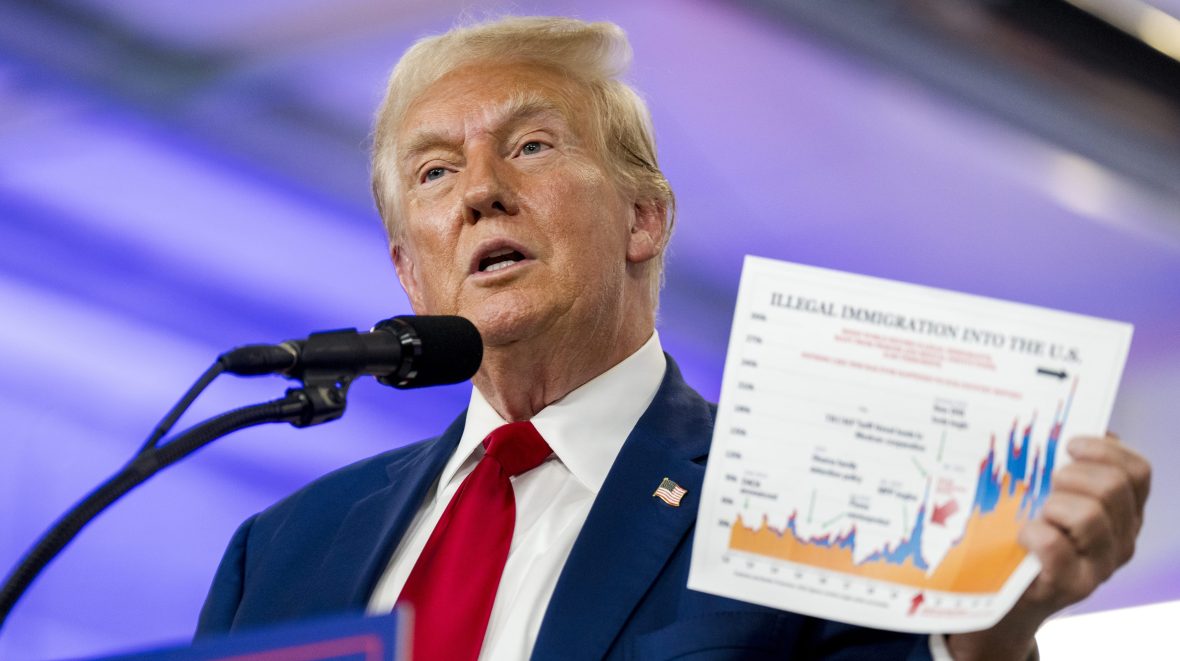Trump’s plans for mass deportations and tariffs could severely cost Black households

“Anything that raises consumer prices on necessities will hit Black Americans hard,” said National Urban League President and CEO Marc Morial.
“The economy of Los Angeles will come to a halt,” said Los Angeles Mayor Karen Bass as the city prepares for the incoming Trump administration’s threat of mass deportations of undocumented immigrants soon after Donald Trump is inaugurated on Jan. 20, 2025.
Economists note that migrant labor critically supports the national economy, particularly in U.S. cities. However, if immigrant workers are forced to leave the country, the impact would be significant, said Mayor Bass. She told theGrio Los Angeles is made up of a “very large immigrant population,” which includes a sizable “undocumented population.”
”Less workers means higher wages because employers will need to increase what they pay to attract more applicants to the jobs vacated by the deported workers,” explained Allan Boomer, chief investment officer at Momentum Advisors. “As labor costs rise, businesses will be faced with the choice of cutting their own profits or raising prices.”
Mayor Bass said aside from President-elect Trump’s deportation plan being “extremely cruel,” it would also devastate local economies as she and other state and local leaders brace for the threat to become a reality.

Marc Morial, president and CEO of the National Urban League, said there would be a harsh economic impact on Black communities.
“Anything that raises consumer prices on necessities will hit Black Americans hard. Increase cost of living for food, household items, appliances, etc,” the civil rights leader told theGrio.
Sanctuary cities are spread throughout the nation, including New York City, Washington, D.C., and Baltimore, Maryland. However, in Los Angeles, the city council is poised to codify the designation of a sanctuary city for migrants into law. The ordinance would also prohibit city resources or personnel from being used to help federal immigration law enforcement.

Even with the designation expected to become law, Mayor Bass feels the threat of mass deportations sends a “ripple of tremendous fear in the community.” She said the city could see an economic shuttering if immigrants are deported and if Trump seeks to retaliate against sanctuary cities with actions like withholding federal funding for cities providing safe havens for migrants.
Saidou, an African migrant who recently spoke to theGrio, was deported during Trump’s first term in office. The cause of his deportation was due to missing a court date, however, Saidou said he never saw the email. Though he had lived in the United States for years, he ultimately got caught up in the red tape of America’s immigration system.
When asked if he would like to return to the U.S. if given the opportunity, Saidou, who now works on an oil barge in West Africa, said flatly, “no” due to the experience of being deported.
Another harsh reality facing the economy is the imminent issue of trade, which has been linked to immigration by President-elect Trump, whose planned tariffs on other countries would end up being absorbed by American consumers.
Boomer of Momentum Advisors told theGrio that both tariffs and mass deportations are “inflationary,” adding that Trump is planning a 25% tariff on goods exported from Canada and Mexico.
“The customer ends up paying an incremental cost,“ he said.
More must-reads:

